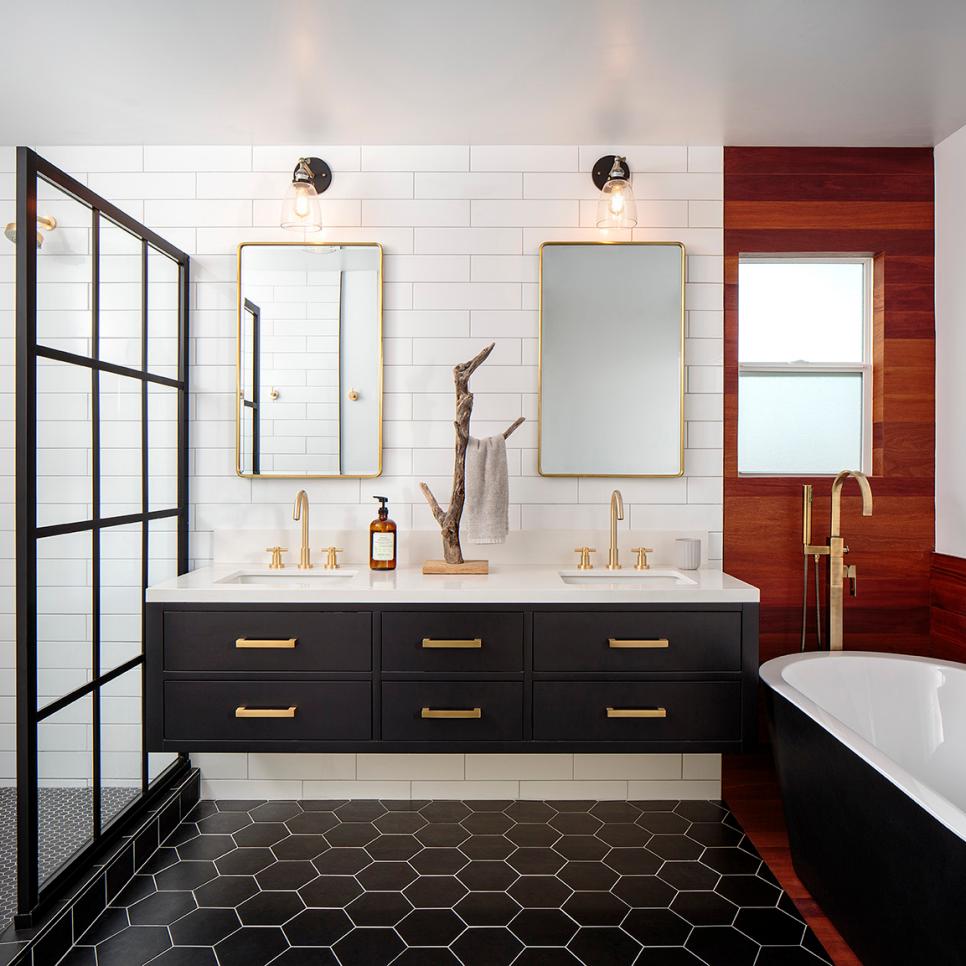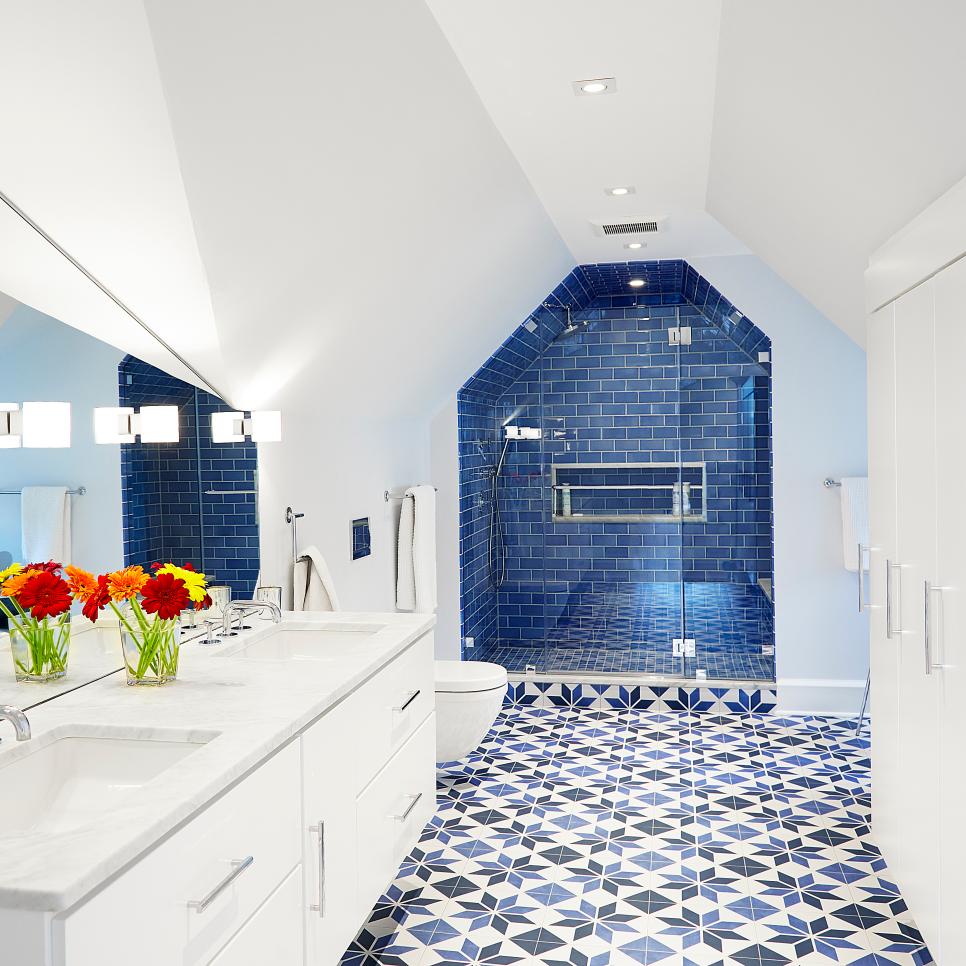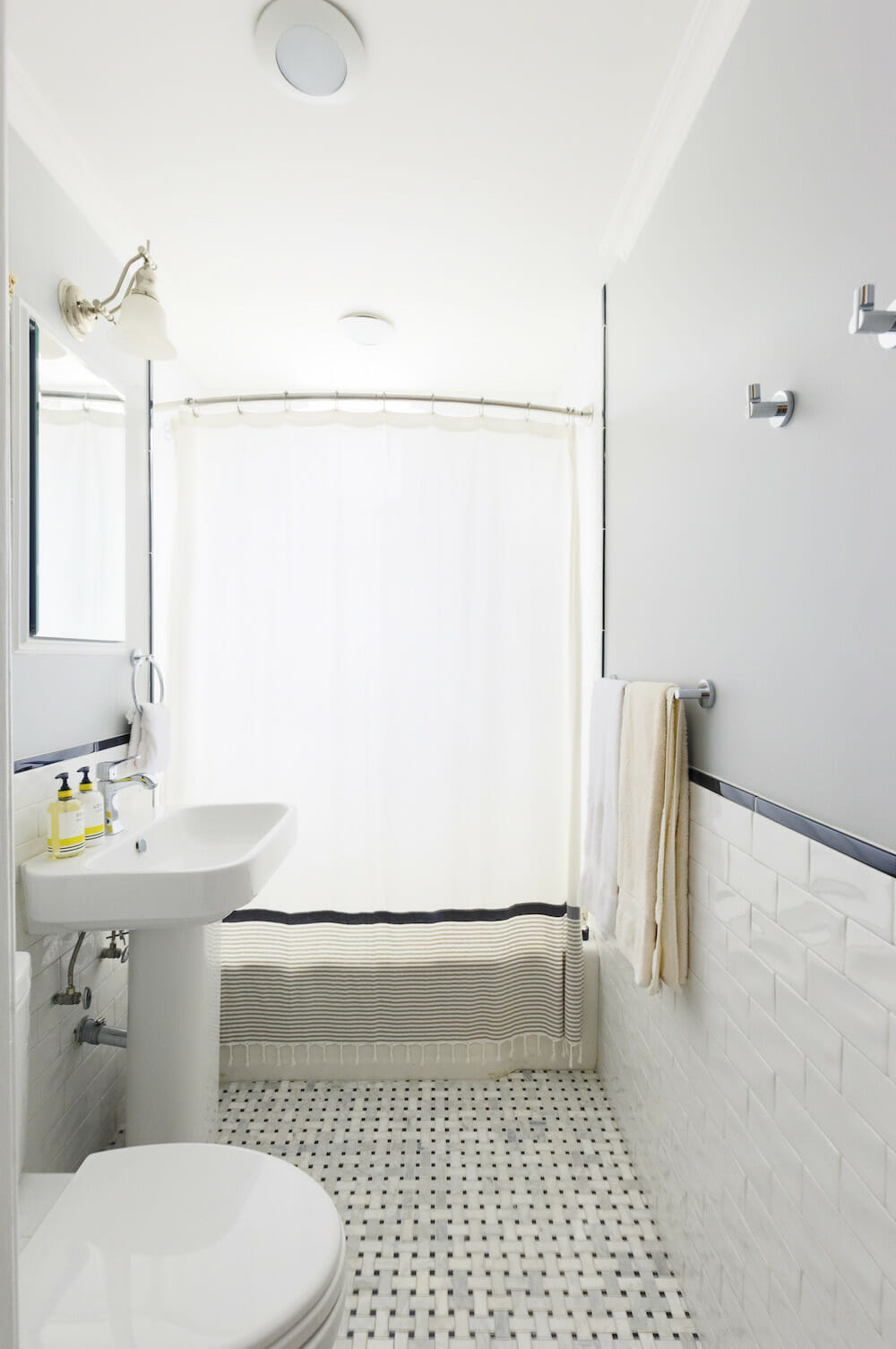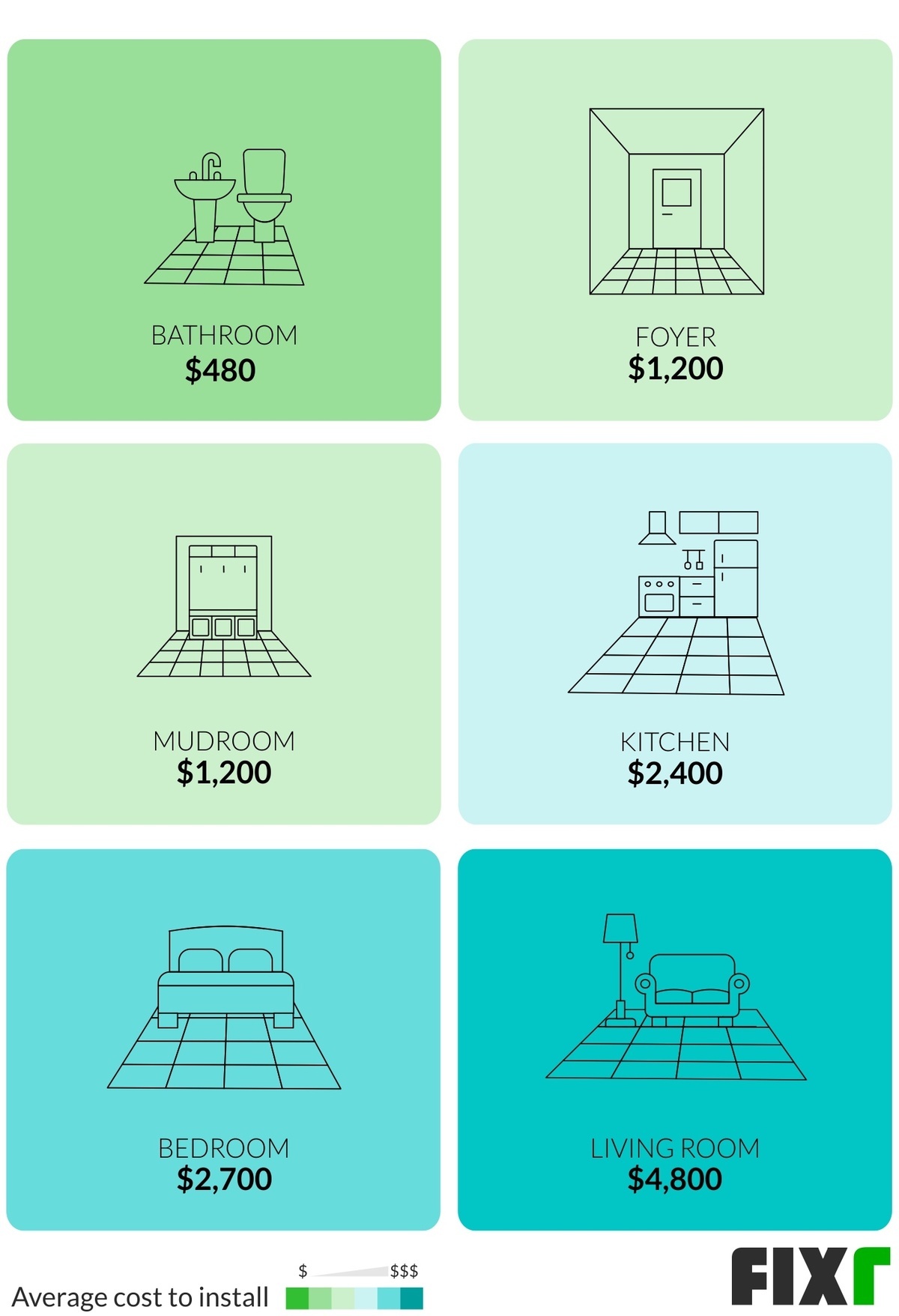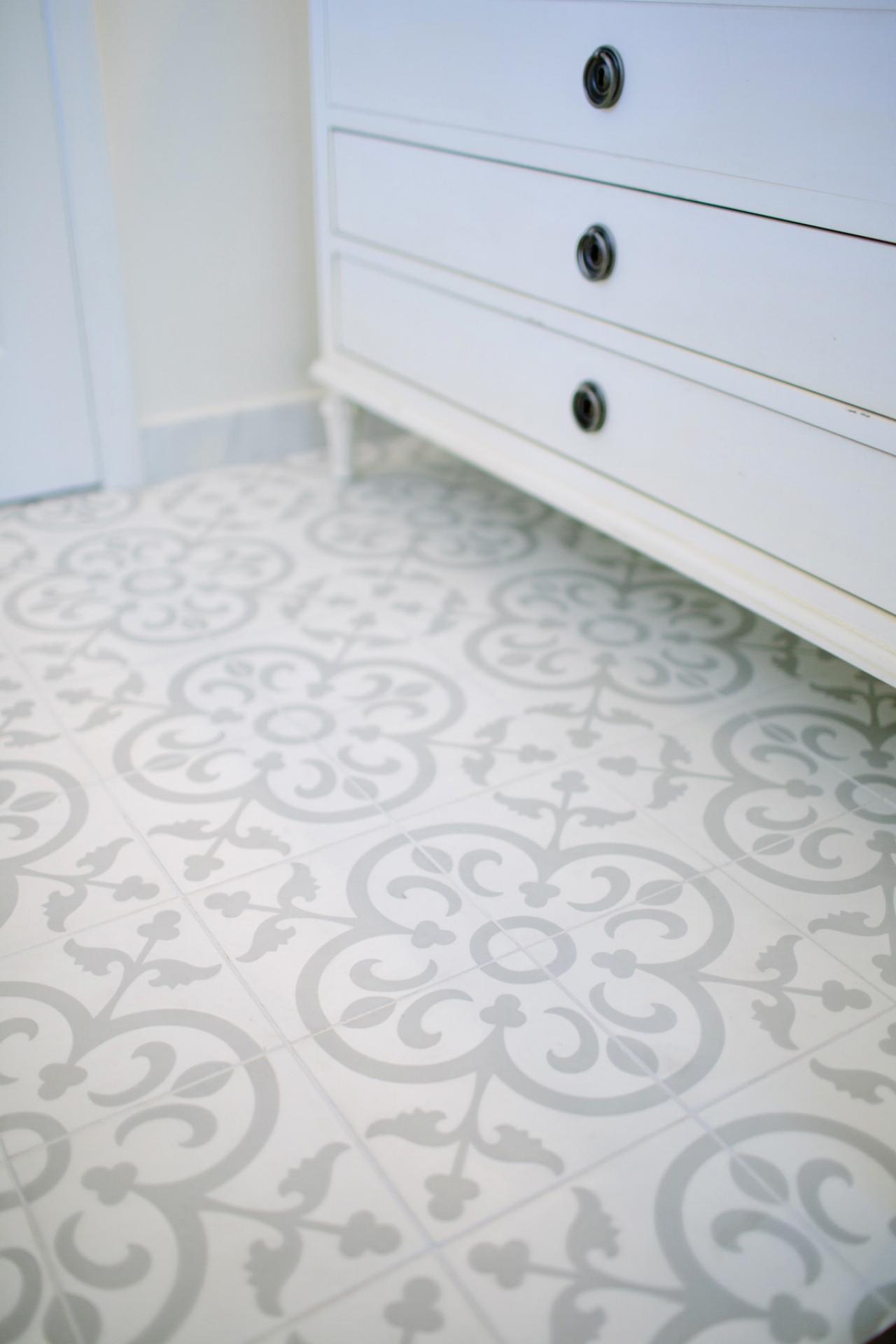Factors Affecting the Cost of Tiling a Bathroom Floor
When it comes to tiling a bathroom floor, several factors can significantly impact the overall cost. Understanding these factors will help you plan your budget effectively and make informed decisions. Here are the key factors that affect the cost of tiling a bathroom floor.
- Size of the Bathroom: The size of the bathroom plays a crucial role in determining the cost of tiling. Larger bathrooms require more tiles and labor, which can increase the overall cost. Additionally, irregularly shaped bathrooms or ones with complex layouts may require more intricate cutting and installation, further impacting the cost.
- Tile Material: The type of tile material you choose will greatly affect the cost. Ceramic tiles are generally more affordable, while natural stone tiles like marble or granite tend to be more expensive. Additionally, specialty tiles such as mosaic or custom-made tiles can significantly increase the overall cost.
- Quality of Tiles: The quality of the tiles also affects the cost. Higher-quality tiles, which are more durable and aesthetically pleasing, often come at a higher price. However, investing in quality tiles can be cost-effective in the long run, as they tend to last longer and require less maintenance.
- Tile Design and Pattern: If you opt for intricate tile designs or patterns, the cost of tiling will likely increase. Special patterns or custom designs require more time and expertise to install, leading to higher labor costs. It’s important to consider the complexity of the design and its impact on the overall budget.
- Tile Thickness and Finish: The thickness and finish of the tiles can also influence the cost. Thicker tiles generally cost more due to their durability and sturdiness. Additionally, certain finishes, such as glazed or polished tiles, can add to the overall cost. It’s important to choose tiles that are suitable for the bathroom environment while considering your budget constraints.
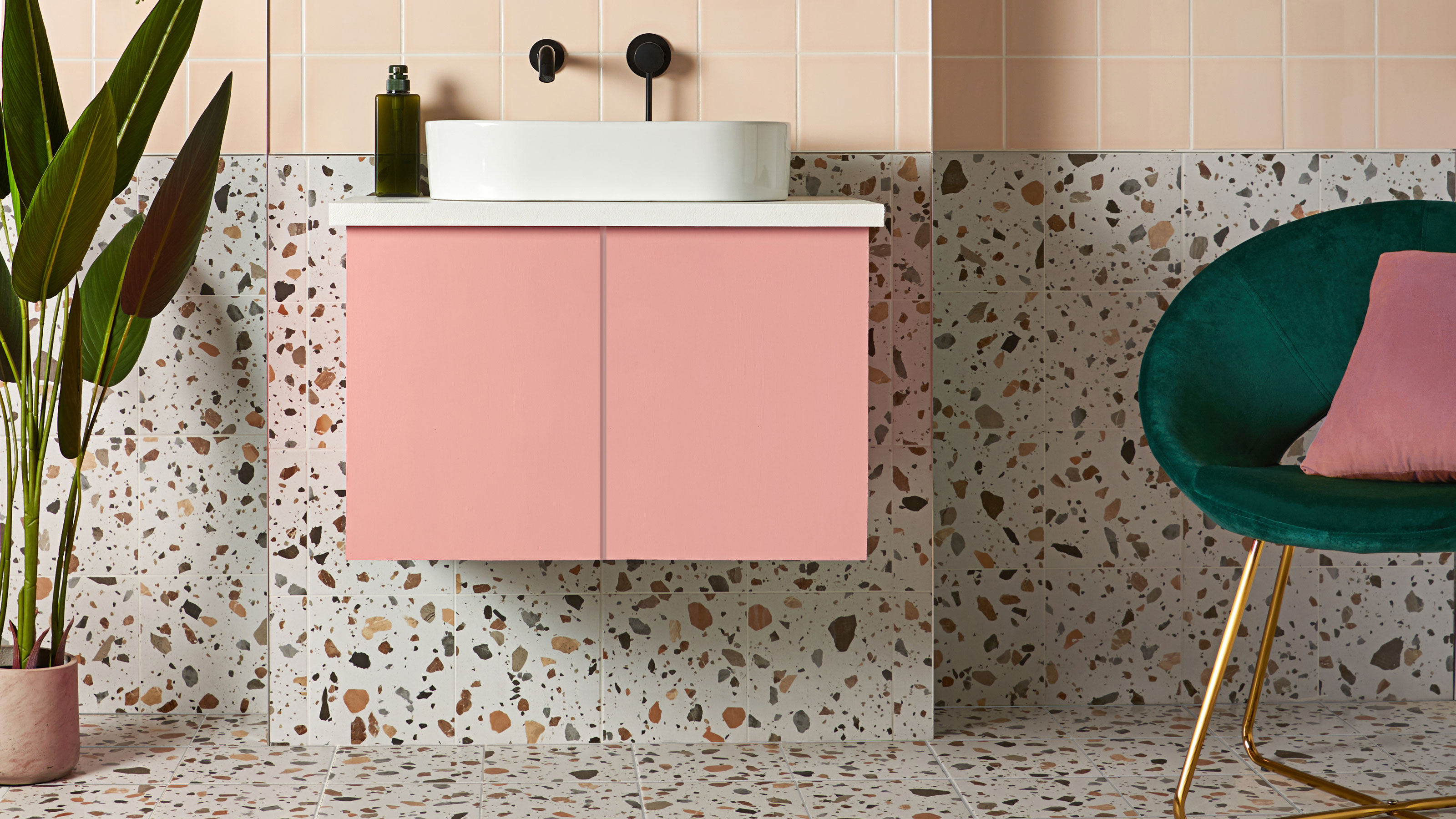
Material Choices and Their Impact on Cost
The choice of tile material for your bathroom floor can greatly impact the overall cost of the project. Each material has its own unique characteristics and price range. Let’s explore different tile materials and their impact on the cost of tiling a bathroom floor.
- Ceramic Tiles: Ceramic tiles are a popular and affordable choice for bathroom floors. They come in a wide range of colors, patterns, and sizes, making them versatile and suitable for various design styles. Ceramic tiles are relatively inexpensive compared to other materials, making them a budget-friendly option for many homeowners.
- Porcelain Tiles: Porcelain tiles are known for their durability and water resistance, making them an excellent choice for bathroom floors. They are available in a variety of styles, including textured, polished, or matte finishes. Porcelain tiles are generally more expensive than ceramic tiles due to their superior quality and longevity.
- Natural Stone Tiles: Natural stone tiles, such as marble, granite, or travertine, add a touch of luxury and elegance to any bathroom. However, they come at a higher price point compared to ceramic or porcelain tiles. Natural stone tiles require professional installation and proper maintenance, which can further increase the overall cost.
- Vinyl Tiles: Vinyl tiles are a cost-effective option for those on a tight budget. They are available in a wide range of designs and patterns, including ones that mimic the look of natural stone or hardwood. Vinyl tiles are relatively easy to install and require minimal maintenance, making them a popular choice for DIY enthusiasts.
- Glass Tiles: Glass tiles are a unique and stylish option for bathroom floors. They come in various colors, sizes, and finishes, adding a vibrant and modern touch to your bathroom. However, glass tiles tend to be more expensive than other materials and require professional installation to ensure durability.
Labor Costs and Hiring a Professional Tiler
Tiling a bathroom floor is a complex task that often requires the expertise of a professional tiler. Hiring a professional ensures a high-quality installation and saves you time and effort. Let’s discuss the labor costs involved in tiling a bathroom floor and the benefits of hiring a professional tiler.
Labor Costs: The labor costs for tiling a bathroom floor can vary depending on various factors, such as the size of the bathroom, the complexity of the design, and the location. Tilers usually charge per square foot or hour. It’s essential to obtain multiple quotes from reputable tilers to ensure a fair and competitive price.
Professional Expertise: Professional tilers have the necessary skills and experience to handle the intricacies of tiling a bathroom floor. They can assess the condition of the subfloor, ensure proper waterproofing, and create a level and even surface for the tiles. Their expertise minimizes the risk of errors and ensures a long-lasting and visually appealing result.
Time and Efficiency: Tiling a bathroom floor can be a time-consuming process, especially for inexperienced individuals. Hiring a professional tiler saves you time and effort, as they have the necessary tools and techniques to complete the job efficiently. They can also handle any unforeseen challenges that may arise during the installation process.
Warranty and Guarantee: Many professional tilers offer warranties or guarantees on their workmanship. This provides you with peace of mind, knowing that any issues or defects will be promptly addressed. Additionally, hiring a professional tiler ensures that the work is completed to industry standards and meets your expectations.
Additional Services: Some professional tilers offer additional services, such as tile removal, disposal, and grouting. These services may incur additional costs but can save you the hassle of coordinating multiple contractors. It’s important to discuss these services and associated costs with the tiler before hiring them.
Additional Expenses to Consider when Tiling a Bathroom Floor
When budgeting for tiling a bathroom floor, it’s crucial to consider not only the cost of materials and labor but also any additional expenses that may arise during the project. Here are some common additional expenses to consider when tiling a bathroom floor.
Subfloor Preparation: Before tiling, it’s essential to ensure that the subfloor is in good condition and suitable for tile installation. In some cases, the subfloor may require repairs or leveling, which can incur additional costs. It’s important to assess the condition of the subfloor and budget for any necessary preparation work.
Waterproofing: Proper waterproofing is crucial in a bathroom to prevent water damage and mold growth. Depending on local building codes and regulations, waterproofing may be required before tiling. This involves applying waterproof membranes or coatings, which can add to the overall cost of the project.
Tile Sealing: Certain types of tiles, such as natural stone or unglazed porcelain, may require sealing to protect them from stains and moisture. Tile sealing products and labor costs should be considered when budgeting for your bathroom floor tiling project.
Grout and Adhesive: Grout and adhesive are essential for securing and finishing the tiles. It’s important to choose high-quality grout and adhesive that are suitable for your specific tile material. The cost of grout and adhesive should be factored into your overall budget.
Bathroom Fixtures and Accessories: Tiling a bathroom floor may require removing and reinstalling bathroom fixtures, such as toilets, sinks, or cabinets. It’s important to consider the cost of hiring a plumber or a handyman to disconnect and reconnect these fixtures. Additionally, you may want to budget for new accessories, such as towel bars or soap dishes, to complement your newly tiled bathroom floor.
Tips for Budget-Friendly Bathroom Floor Tiling
Tiling a bathroom floor doesn’t have to break the bank. With careful planning and smart choices, you can achieve stunning results while staying within your budget. Here are some tips for budget-friendly bathroom floor tiling.
Plan and Research: Before starting your bathroom floor tiling project, spend some time planning and researching. Determine your budget and prioritize your needs. Look for inspiration and ideas online, and explore different tile options and suppliers to find the best deals.
Opt for Affordable Materials: Consider cost-effective tile options, such as ceramic or vinyl tiles, which offer a wide range of styles at a lower price point. Keep in mind that being affordable doesn’t mean compromising on quality; choose tiles that are durable and suitable for your bathroom environment.
Stick to Standard Sizes: Choosing standard-sized tiles can be more budget-friendly, as they are often more readily available and cost less compared to custom sizes or specialty tiles. Standard-sized tiles are also easier to install, reducing labor costs.
DIY or Partial DIY: If you have some DIY skills and are comfortable taking on the task, consider doing some or all of the tiling yourself. This can significantly reduce labor costs. However, be realistic about your abilities and the complexity of the project. If you’re unsure about certain aspects or lack experience, it’s best to hire a professional for those specific tasks.
Shop for Deals and Discounts: Take advantage of sales, promotions, and discounts when purchasing tiles and other materials. Visit local tile suppliers, and home improvement stores, or check online platforms for special offers. Compare prices and quality to ensure you’re getting the best value for your money.
Consider Second-Hand or Clearance Tiles: Check for second-hand or clearance tiles, which can be found at discounted prices. These tiles may have minor imperfections or be leftovers from previous projects but can still be used for your bathroom floor, especially in less visible areas. Just make sure to buy enough tiles to complete your project.
Minimize Tile Waste: To reduce costs, plan your tile layout carefully to minimize waste. Opt for a simple design that requires fewer cuts and avoids excessive tile wastage. Consider using smaller tiles to cover irregular or smaller areas, reducing the need for larger tiles that may result in more waste.
Hire Local Professionals: If you decide to hire a professional tiler, consider hiring someone local. This can help reduce transportation costs and potentially negotiate a lower rate. Ask for recommendations from friends or neighbors, and request multiple quotes to find the best price within your budget.
Maintain Proper Maintenance: To avoid additional expenses down the line, properly maintain your tiled bathroom floor. Clean spills and stains promptly, use appropriate cleaning products and avoid harsh chemicals that can damage the tiles. Regular maintenance will help extend the lifespan of your tiles and prevent costly repairs or replacements.
Plan for Future Renovations: When tiling your bathroom floor on a budget, it’s essential to consider future renovations. Choose a timeless and versatile tile design that can easily adapt to different styles and preferences. This will save you money in the long run by avoiding the need to replace the tiles when you decide to update your bathroom’s look.
Ceramic Tile Flooring Installation Cost Ceramic Tile Flooring Cost
How Much Does it Cost to Tile a Floor For Your Home? Happy DIY Home
Average Cost to Install Tile Floor HGTV
Cost to Remove Asbestos Floor Tile From Your Home
Related Posts:
- Bathroom Floor Tile Ideas Images
- Rubber Flooring Bathroom Ideas
- Mosaic Tile Patterns Bathroom Floor
- Master Suite Bathroom Floor Plans
- Wood Floor Bathroom Pictures
- Bathroom Floor Tile Patterns Ideas
- Bathroom With Grey Tile Floor
- Dark Wood Floor In Bathroom
- Victorian Bathroom Vinyl Flooring
- Bathroom Ideas Grey Floor
